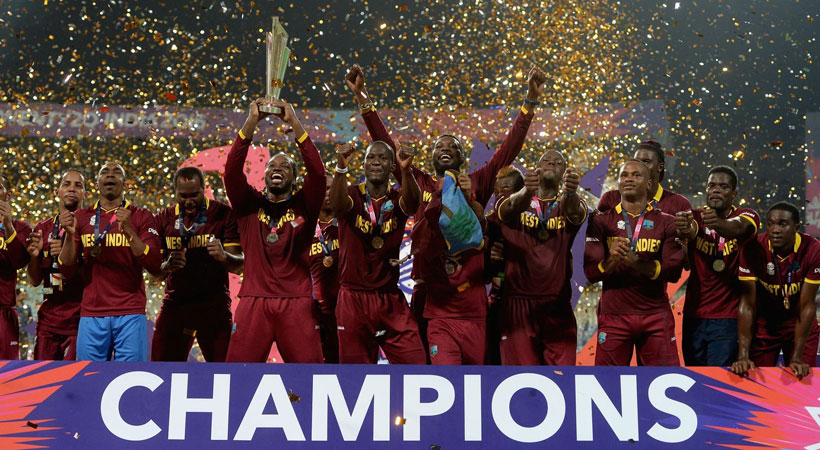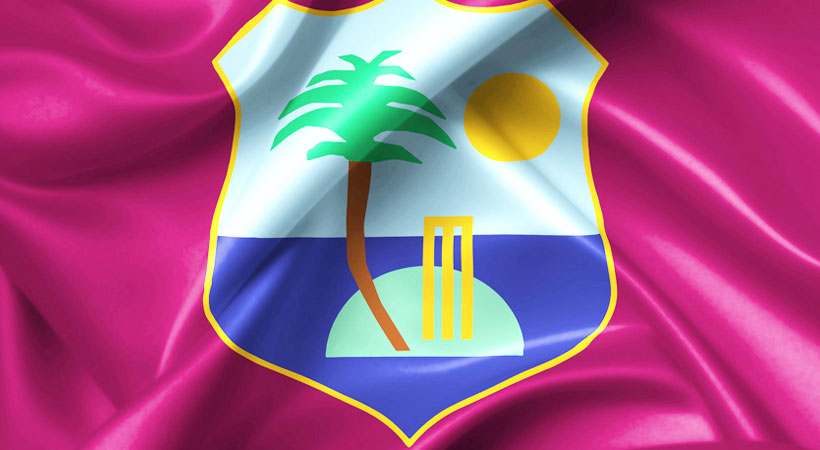If the Olympic champion Usain Bolt could represent Jamaica on international platforms, why can’t Chris Gayle though he was born in the same country? Why does Gale play for West Indies, and not for Jamaica? Does Kieron Pollard play for his own country, Trinidad? Well, they do play for their own countries. But, when it comes to international cricket, they all are part of a single team; West Indies, popularly known as the Windies.
Identified as West Indies players internationally, they have their national cricket team, and in the thrilling Caribbean Premier League, these international players compete with each other. The West Indies is not a single nation, as many must be knowing, but who are the Windies then?

The West Indies cricket team consists of players from 15 English-speaking territories in the Caribbean region which are part of several countries. The current West Indies team mainly represents Barbados, Dominica, Grenada, Jamaica, Saint Lucia, Trinidad and Tobago, Antigua and Barbuda, Saint Vincent and the Grenadines, British Virgin Islands, and US Virgin Islands among others, many of them being independent nations.
Having a combined population of just 6 million, the Caribbean nations have their own teams and representatives in other sports. But the ‘Windies’ was born and brought up in cricket! As an agglomeration of many constituent nations, the West Indies possess a special flag and anthem. The flag of the Windies has a palm tree and cricket stumps on a small sunny island. They have officially adopted the Trinidadian legend David Rudder’s “Rally Round the West Indies-Now and Forever” as their official anthem recently. Cricket, along with the memory of British colonialism and racism connects these independent territories to form one of the indomitable teams in the history of international cricket. The story of West Indies cricket dates back to the 1890s when the team was selected from various islands to play visiting English sides. All the constituent countries were under colonial rule, and the Whites continued to dominate the West Indies cricket till the 1950s despite being a minority. Having played their first international cricket match in 1928, the Windies got their first black captain, Frank Worrell, only in 1960. A group of countries that withstood the test of colonialism and the tattered period of post-colonialism, cricket united them, and together they made the history of glory, fame, and pride. Probably, cricket is the only thing they do together, as said by Michel Holding, the former West Indies legend.




















